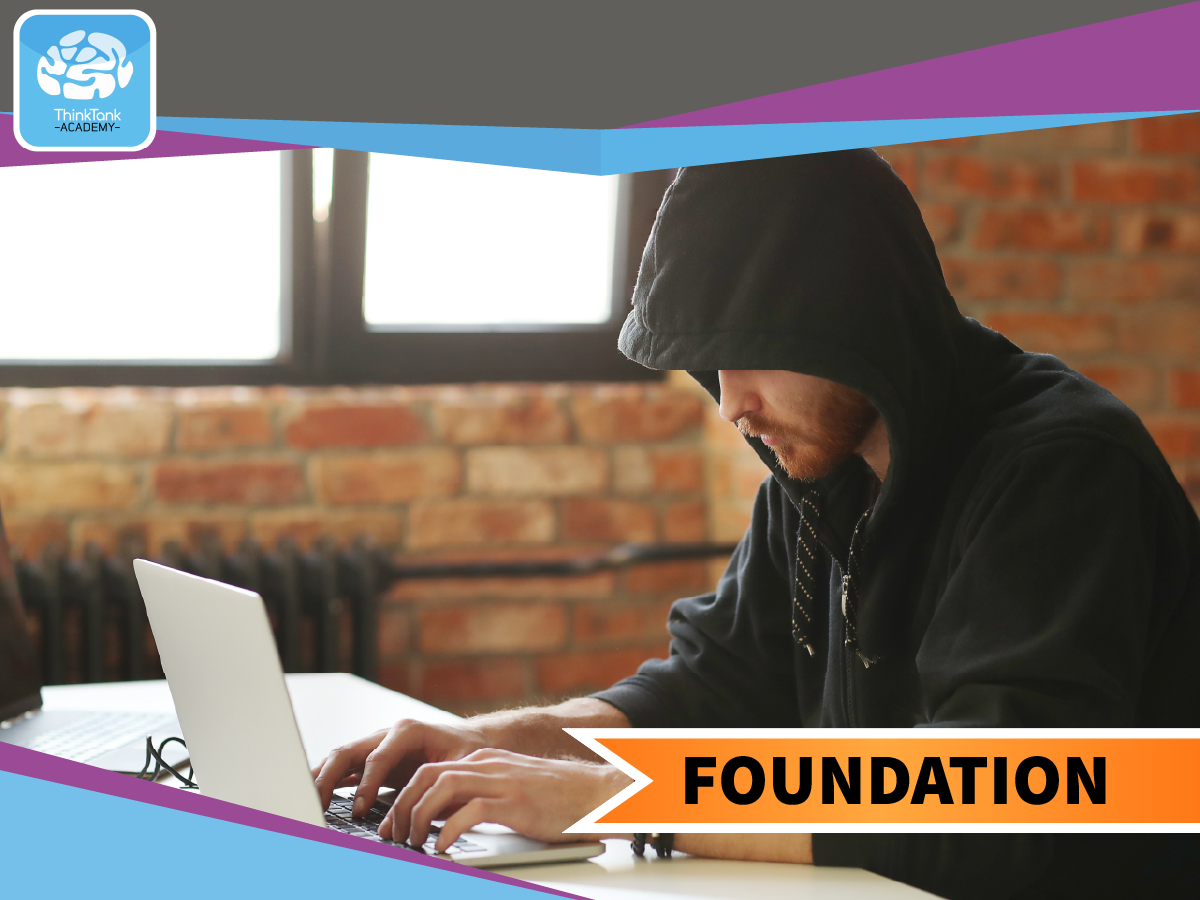
Radicalisation - Children's Care - Foundation Level
Course Overview This course will help learners to understand radicalisation, extremism and terrorism. To understand the government’s strategy to help stop terrorism, identify when a young person is at risk and help prevent them from being drawn into terrorism. The programme benefits from narrative scenarios and activities with ongoing assessment making it engaging and interactive. This course can be completed via the website, on PC, laptop etc. For mobile phones it is recommended to use the app for IOS or Android devices. Aims & Objectives Explain the difference between radicalisation, extremism and terrorism Help you identify a range of indicators of children and young people being drawn into radicalisation Help you recognise how children become radicalised Help you develop your role and help you facilitate change Improve your knowledge of the Prevent Strategy Course Audience Health Care Workers, Social Care Workers, Children’s Centre Practitioners, residential care staff, specialist health and education staff working with children, youth leaders and practitioners.
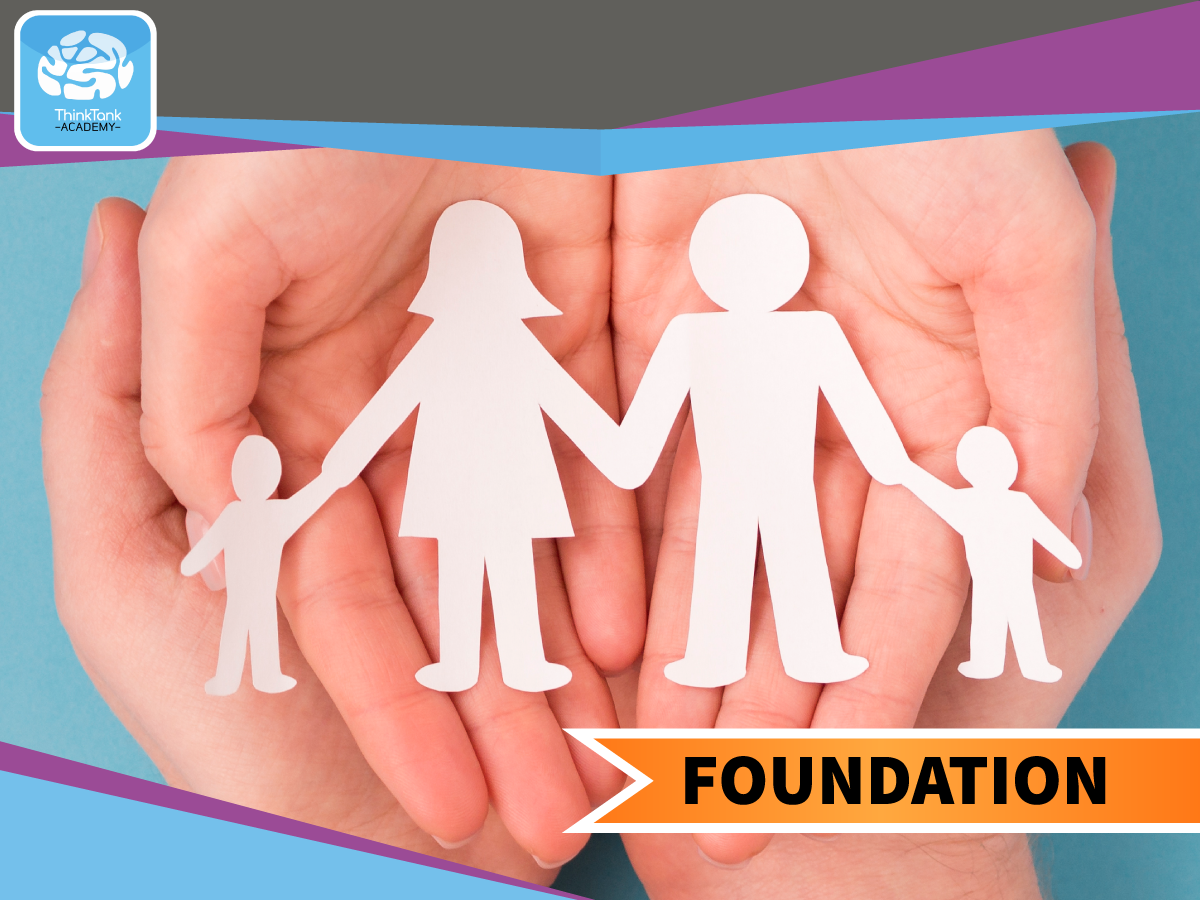
Safeguarding Children - Children's Care - Foundation Level
Course Overview This course will define what safeguarding is and its principles, help you to recognise situations where children may be at risk of harm, identify signs of abuse and cover procedure to follow. The programme benefits from narrative scenarios and activities with ongoing assessment making it engaging and interactive. This course can be completed via the website, on PC, laptop etc. For mobile phones it is recommended to use the app for IOS or Android devices. Aims & Objectives Explain what safeguarding is State the principles of safeguarding for childcare settings Describe safeguarding legislation Identify types of abuse and their possible indicators Identify risk factors Outline your safeguarding responsibilities Emphasise the importance of whistleblowing Discuss disclosure and barriers to disclosure Explain how to respond to disclosure and record and report a disclosure/concern Course Audience Health Care Workers, Social Care Workers, Nursing staff, Day Care/Centre workers, Home Care Staff, Agency staff.
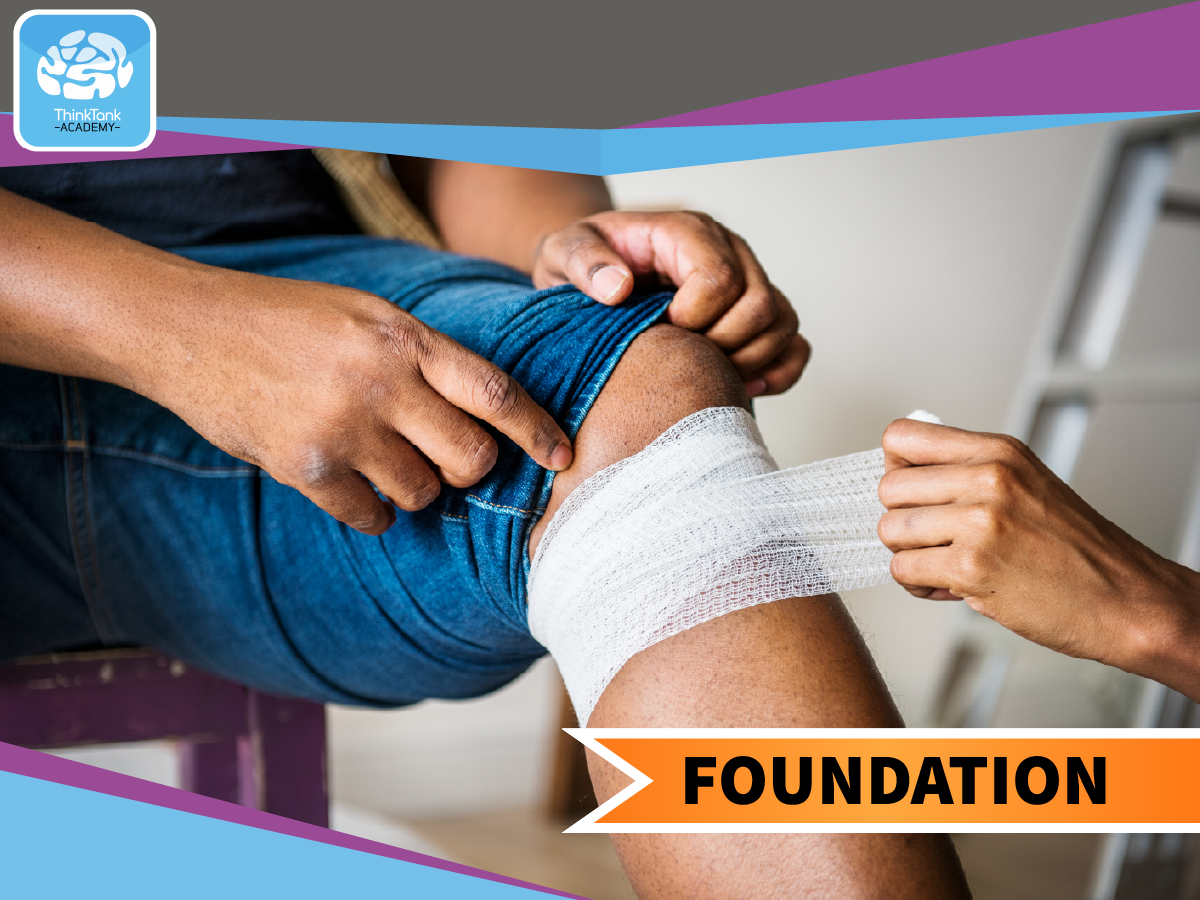



First Aid Awareness - Children's Care - Foundation Level
Course Overview This course introduces basic first aid principles in children’s care, what to do in a variety of emergency situations, how to treat different injuries and where to get help. The programme benefits from narrative scenarios and activities with ongoing assessment making it engaging and interactive. This training session can be accessed via a link and is accessible from a range of devices including IOS and Android platforms. Aims & Objectives Introduce you to the three principles of first aid Explain what a primary survey is Help you recognise the importance of communication Give details of CPR and the recovery position Identify a variety of first aid issues Give information on how to manage different situations Describe the contents of a first aid kit Course Audience This is a cross sector course and will benefit all professional’s, frontline workers and leaders working with children and young people.
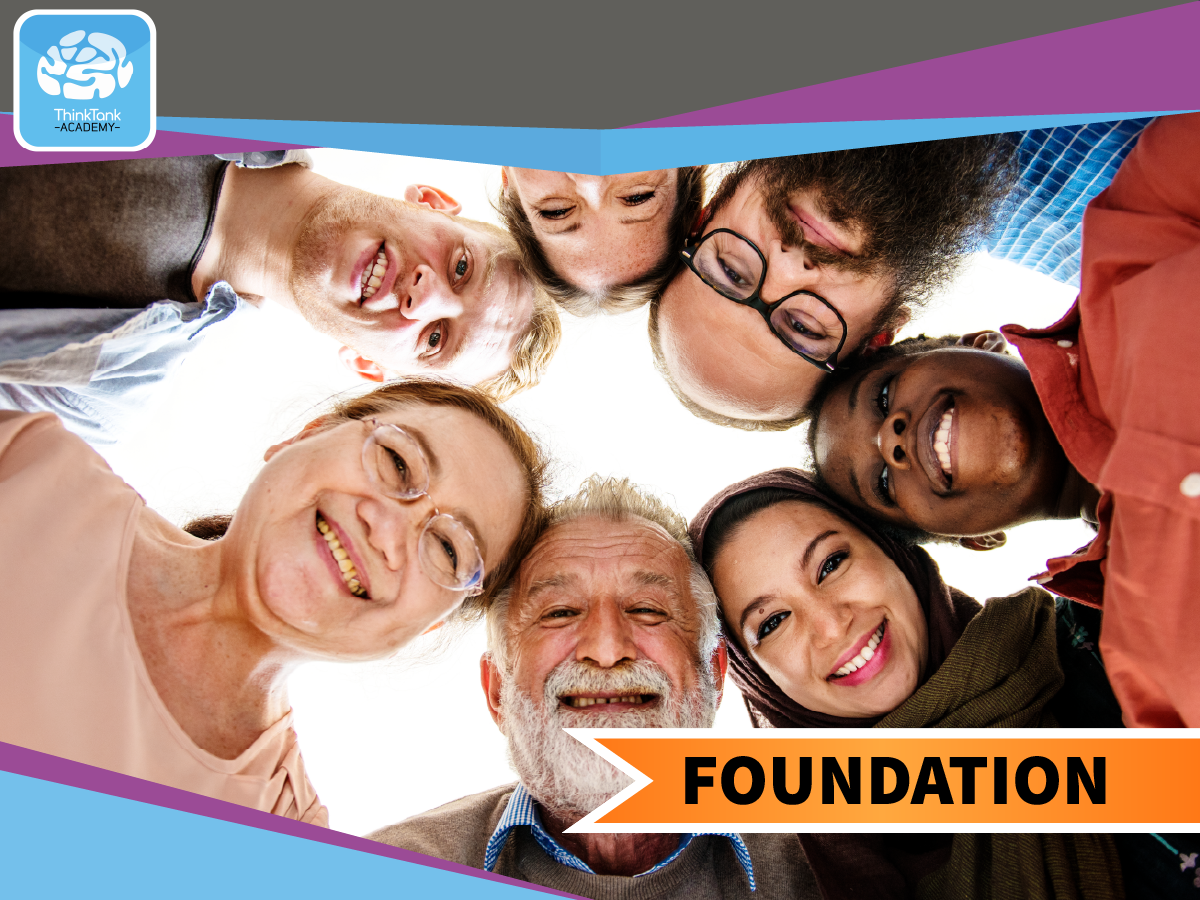


Equality and Diversity - Children's Care - Foundation Level
Course Overview This course raises awareness of discrimination in and out of the workplace. The learner will be supported to understand forms of discrimination and how to respond to different types of discrimination. Advice and practical competency tips will be provided to the learner to help them create an inclusive culture within the workplace and how to promote different diversity needs within the workplace. The programme benefits from narrative scenarios and activities with ongoing assessment making it engaging and interactive. This course can be completed via the website, on PC, laptop etc. For mobile phones it is recommended to use the app for IOS or Android devices. Aims & Objectives Define the terms Equality and Diversity Provide an overview of legislation relating to Equality and Diversity Explain how legislation is implemented in the workplace Provide examples of how Equality and Diversity can be promoted Highlight the importance of dealing with discrimination Understand the importance of prevention Course Audience Health Care Workers, Social Care Workers, Children’s Centre Practitioners, Youth Workers, Education Workers



Professional Boundaries - Children's Care - Foundation Level
Course Overview This course defines professional boundaries and how they apply to the children’s care sector, discusses different scenarios staff may come across, explains what happens when boundaries are broken and how to identify broken boundaries with others. The programme benefits from narrative scenarios and activities with ongoing assessment making it engaging and interactive. This course can be completed via the website, on PC, laptop etc. For mobile phones it is recommended to use the app for IOS or Android devices. Aims & objectives Explain what professional boundaries are and their importance Discuss why boundaries are broken Provide tips on adhering professional boundaries Encourage learners to self-reflect Describe processes to follow when boundaries are crossed Course Audience Health Care Workers, Social Care Workers, Nursing staff, Day Care/Centre workers, Home Care Staff, Agency staff.
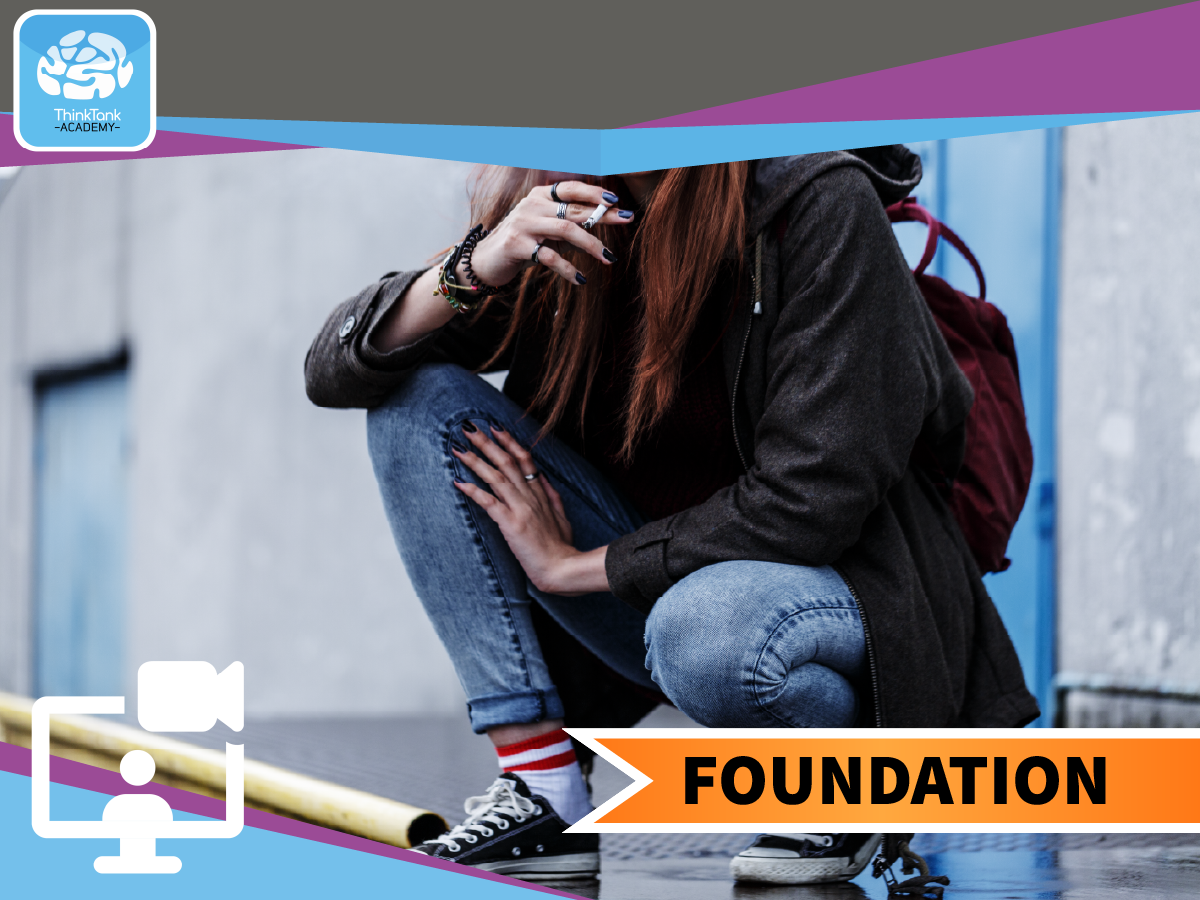


Missing From Care - Children's Care - Foundation Level
Course Overview The course raises awareness of the risk of Children or Young People going missing from care and provides information that the learner can use to help them respond appropriately should a Child or Young Person in their care go missing. It also highlights their important role in prevention. The programme benefits from narrative scenarios and activities with ongoing assessment making it engaging and interactive. This course can be completed via the website, on PC, laptop etc. For mobile phones it is recommended to use the app for IOS or Android devices. Aims & Objectives Explain the difference between the terms ‘missing from care’ and ‘away from placement without authorisation’ Identify possible reasons for going missing from care Identify the risks of going missing Identify signs that could indicate a child may go missing Identify factors that could trigger a missing episode Explain your role before, during and after a missing incident Course Audience Residential Care Worker, Health Care Workers, Social Care Workers, Children’s Centre Practitioners



Health and Safety - Children's Care - Foundation Level
Course Overview This course raises awareness of health and safety in the workplace relative to children’s home settings. It covers the legislation in place, hazard awareness and risk assessment and prevention of harm. The programme benefits from narrative scenarios and activities with ongoing assessment making it engaging and interactive. This course can be completed via the website, on PC, laptop etc. For mobile phones it is recommended to use the app for IOS or Android devices. Aims & Objectives Give you an understanding of what health and safety means to everyone Raise your awareness of the difference between hazard and risk Help you to identify hazards in the home Enable you to make necessary changes in day-to-day housekeeping to reduce risk Course Audience Health Care Workers, Social Care Workers, Nursing staff, Day Care/Centre workers, Home Care Staff, Agency staff.
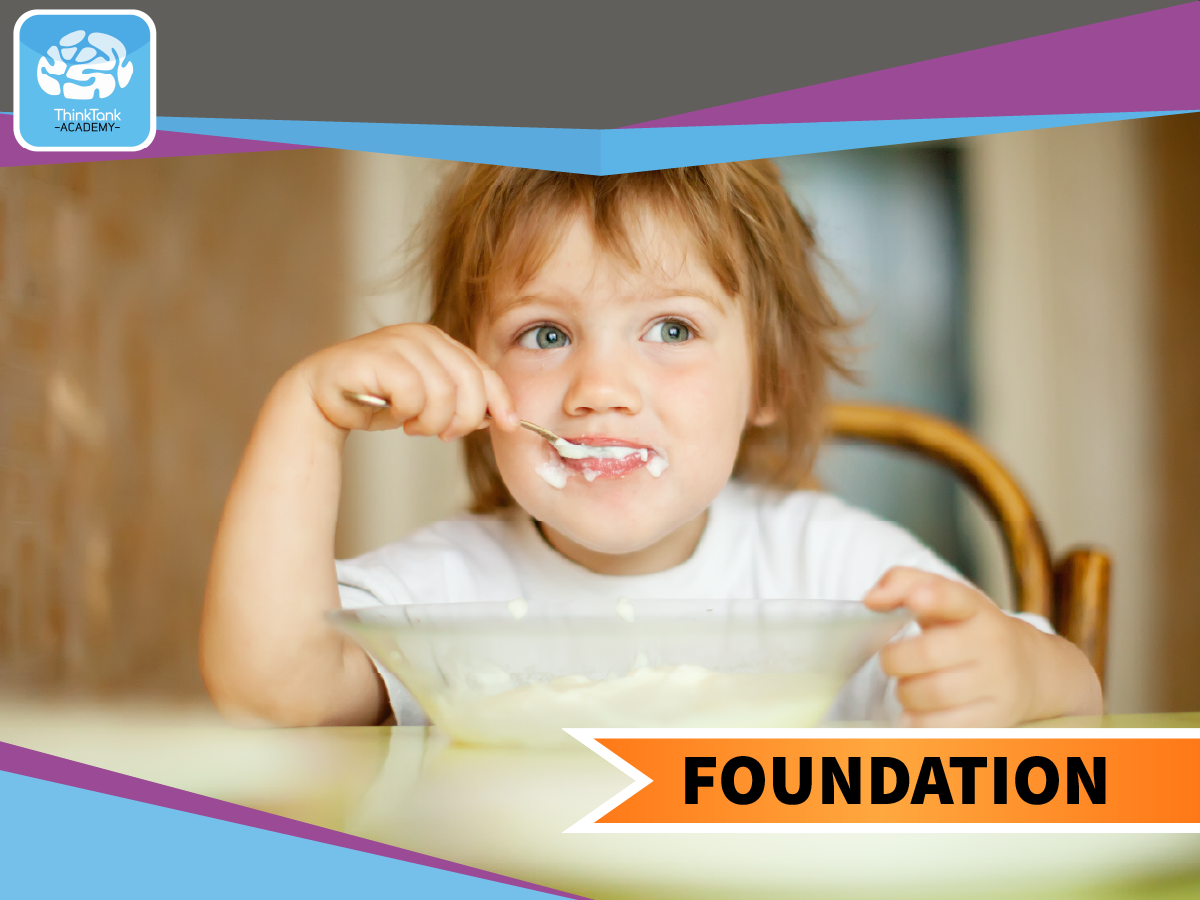


Food Safety Awareness - Children's Care - Foundation Level
Course Overview This course raises awareness of the dangers of food poisoning, storing and preparing food correctly and preventing contamination in children’s care. The programme benefits from narrative scenarios and activities with ongoing assessment making it engaging and interactive. This course can be completed via the website, on PC, laptop etc. For mobile phones it is recommended to use the app for IOS or Android devices. Aims & Objectives Help you to apply good food hygiene practices so that you are able to provide children and young people with food that is safe to eat and won’t make them ill Help you understand what you can do to prevent food poisoning, including the steps you can take Identify ways to maintain cleanliness Describe methods to prevent cross contamination Give you information on storing and heating food at the correct temperature Course Audience Health Care Workers, Social Care Workers, Nursing staff, Day Care/Centre workers, Home Care Staff, Agency staff




First Aid Awareness - Children's Care - Foundation Level
Course Overview This course introduces basic first aid principles in children’s care, what to do in a variety of emergency situations, how to treat different injuries and where to get help. The programme benefits from narrative scenarios and activities with ongoing assessment making it engaging and interactive. This training session can be accessed via a link and is accessible from a range of devices including IOS and Android platforms. Aims & Objectives Introduce you to the three principles of first aid Explain what a primary survey is Help you recognise the importance of communication Give details of CPR and the recovery position Identify a variety of first aid issues Give information on how to manage different situations Describe the contents of a first aid kit Course Audience This is a cross sector course and will benefit all professional’s, frontline workers and leaders working with children and young people.
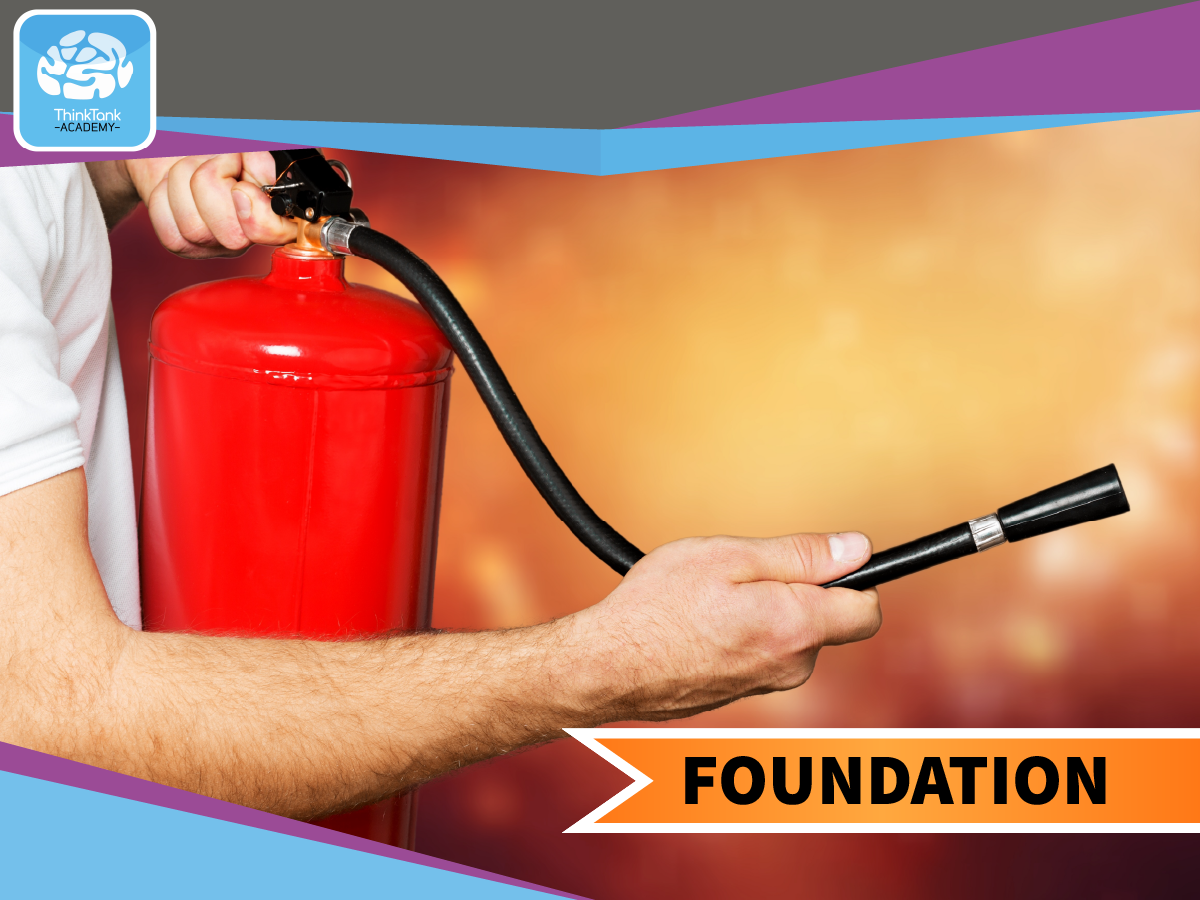


Fire Safety Awareness - Children's Care - Foundation Level
Course Overview This course raises awareness around the causes of fire, the associated dangers, and the prevention of fires. Evacuation procedure, the use of safety equipment and policy are also covered. The programme benefits from narrative scenarios and activities with ongoing assessment making it engaging and interactive. This course can be completed via the website, on PC, laptop etc. For mobile phones it is recommended to use the app for IOS or Android devices. Aims & Objectives Improve awareness of the common causes of fire Give you an understanding of appropriate actions to take in the event of a fire Enable you to identify and remove fire hazards Raise your awareness of fire safety equipment and procedures Course Audience Health Care Workers, Social Care Workers, Children’s Centre Practitioners, Youth Workers, Education Workers
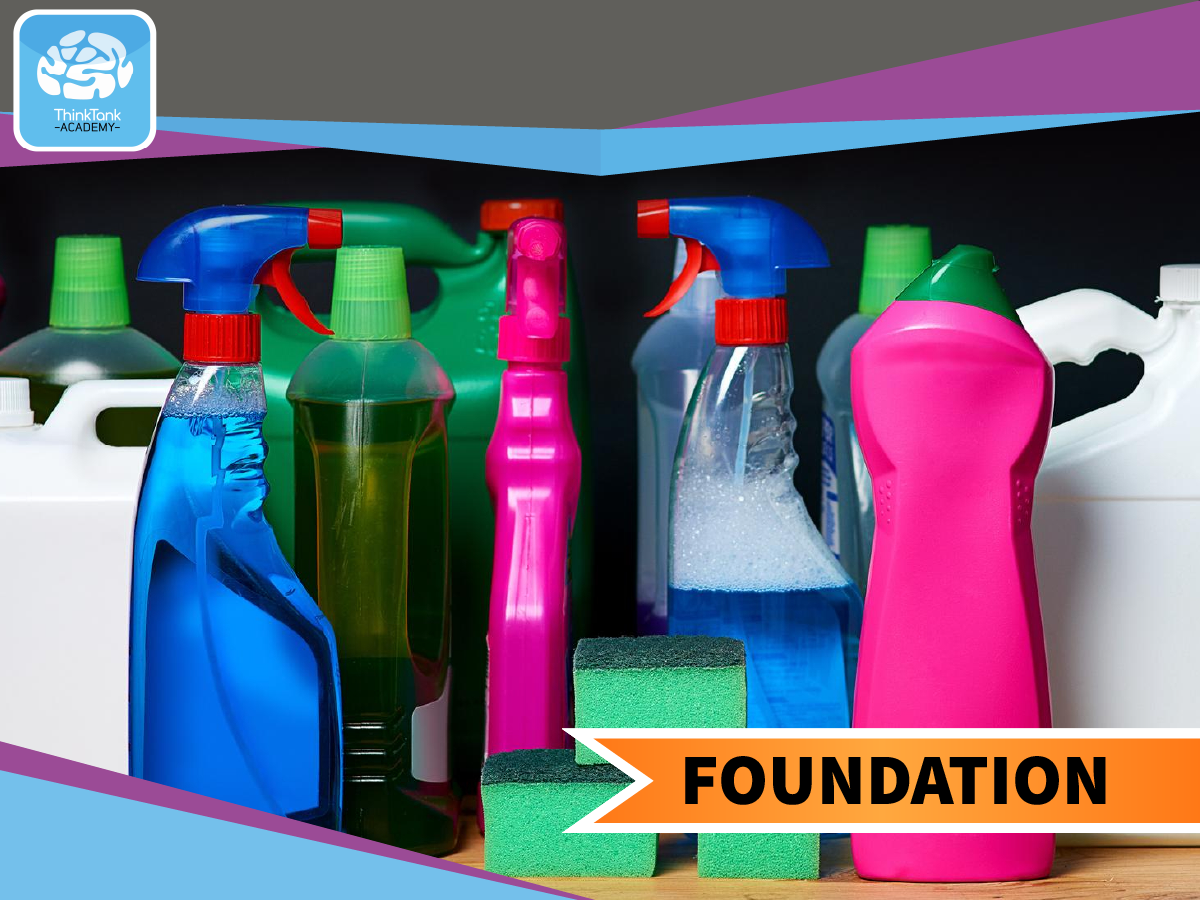


COSHH - Children's Care - Foundation level
Course Overview The course provides information on the types of substances the learner may encounter, how to identify them and any effects that may occur from their misuse. It covers situations the learner may have to deal with in the home and how to avoid them. The programme benefits from narrative scenarios and activities with ongoing assessment making it engaging and interactive. This course can be completed via the website, on PC, laptop etc. For mobile phones it is recommended to use the app for IOS or Android devices. Aims & Objectives Raise your awareness of COSHH and how it affects your workplace Help you identify hazardous substances Help you recognise the labels on household products Give you information to reduce dangers in the home Help your understanding of the need for safe storage Increase your awareness of how to deal with an accident involving hazardous substances Course Audience Health Care Workers, Social Care Workers, Nursing staff, Day Care/Centre workers, Home Care Staff, Agency staff.
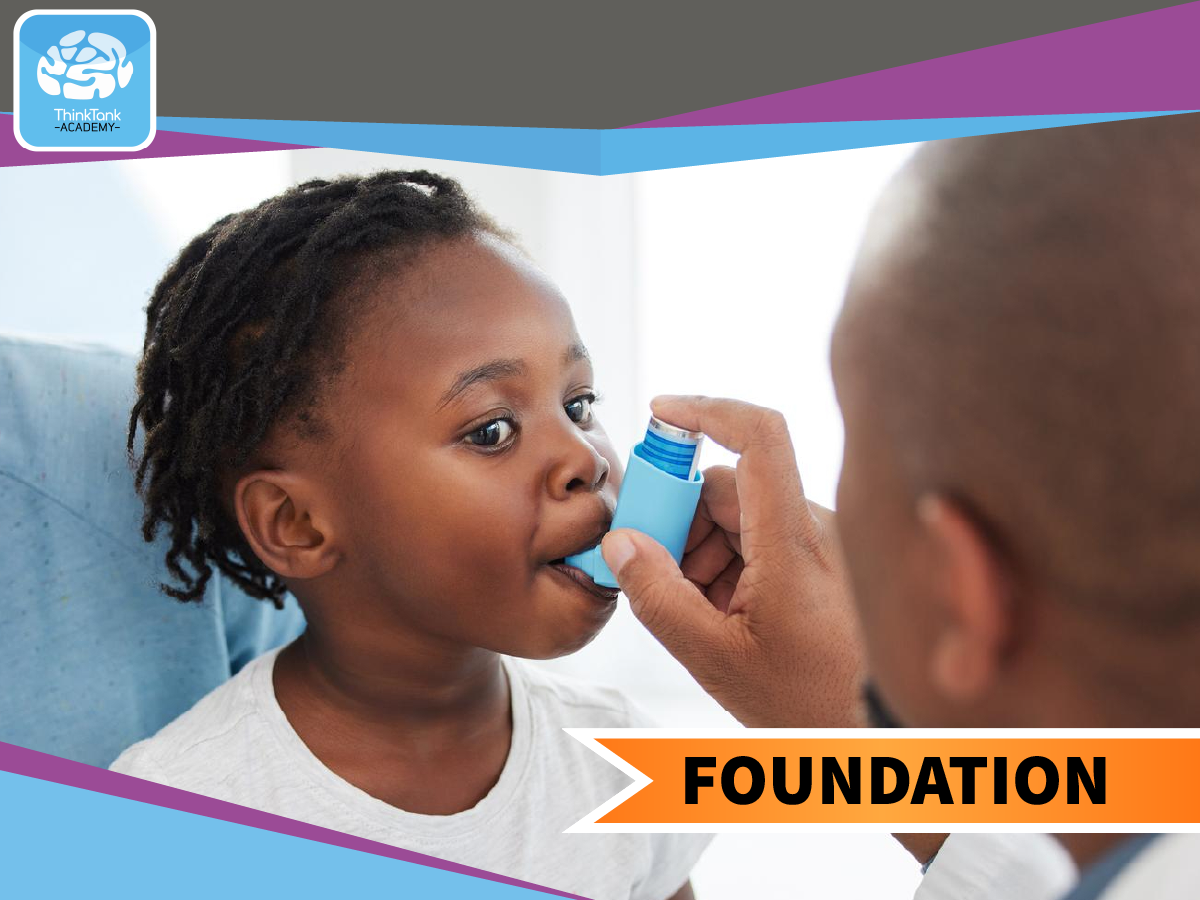



Administration of Medication for Looked After Children - Children's Care - Foundation Level
Course Overview This Administration of Medication training has been written for adults that work in the care industry with Children and Young People. The course raises awareness and gives an insight into the legislation that relates to Medication Administration and the safe handling of medications. The 7 rights of Medication Administration are discussed in depth to embed good practice within the workplace. Record keeping and the importance of this is highlighted, along with templates of two different types of MAR charts, the details that are on a MAR chart and why they are there. The importance of checking labels and medication leaflets and why an individual should have knowledge of what the medication is/does before they are administering it. Information around the Storing and disposing of medication to ensure health and safety guidelines can be adhered to is included in the course. Allergies and adverse reactions are incorporated along with the responsibility of support staff should there be concerns about a potential reaction, along with the importance of supporting individuals with self-administration. The programme benefits from animated scenes and activities with ongoing assessment making it engaging and interactive. This course can be completed via the website, on PC, laptop etc. For mobile phones it is recommended to use the app for IOS or Android devices. Aims & Objectives Safe handling of medication The 7 R’s Different types of medication Routes into the body Record keeping Storing and disposing of medication How to handle errors Allergies/Adverse reactions Self-administration Course Audience Health Care Workers, Social Care Workers, Care and Support Centre Practitioners, Support Workers, and Nursing Staff who work with Children.



Equality and Diversity - Children's Care - Foundation Level
Course Overview This course raises awareness of discrimination in and out of the workplace. The learner will be supported to understand forms of discrimination and how to respond to different types of discrimination. Advice and practical competency tips will be provided to the learner to help them create an inclusive culture within the workplace and how to promote different diversity needs within the workplace. The programme benefits from narrative scenarios and activities with ongoing assessment making it engaging and interactive. This course can be completed via the website, on PC, laptop etc. For mobile phones it is recommended to use the app for IOS or Android devices. Aims & Objectives Define the terms Equality and Diversity Provide an overview of legislation relating to Equality and Diversity Explain how legislation is implemented in the workplace Provide examples of how Equality and Diversity can be promoted Highlight the importance of dealing with discrimination Understand the importance of prevention Course Audience Health Care Workers, Social Care Workers, Children’s Centre Practitioners, Youth Workers, Education Workers



Professional Boundaries - Children's Care - Foundation Level
Course Overview This course defines professional boundaries and how they apply to the children’s care sector, discusses different scenarios staff may come across, explains what happens when boundaries are broken and how to identify broken boundaries with others. The programme benefits from narrative scenarios and activities with ongoing assessment making it engaging and interactive. This course can be completed via the website, on PC, laptop etc. For mobile phones it is recommended to use the app for IOS or Android devices. Aims & objectives Explain what professional boundaries are and their importance Discuss why boundaries are broken Provide tips on adhering professional boundaries Encourage learners to self-reflect Describe processes to follow when boundaries are crossed Course Audience Health Care Workers, Social Care Workers, Nursing staff, Day Care/Centre workers, Home Care Staff, Agency staff.




Administration of Medication for Looked After Children - Children's Care - Foundation Level
Course Overview This Administration of Medication training has been written for adults that work in the care industry with Children and Young People. The course raises awareness and gives an insight into the legislation that relates to Medication Administration and the safe handling of medications. The 7 rights of Medication Administration are discussed in depth to embed good practice within the workplace. Record keeping and the importance of this is highlighted, along with templates of two different types of MAR charts, the details that are on a MAR chart and why they are there. The importance of checking labels and medication leaflets and why an individual should have knowledge of what the medication is/does before they are administering it. Information around the Storing and disposing of medication to ensure health and safety guidelines can be adhered to is included in the course. Allergies and adverse reactions are incorporated along with the responsibility of support staff should there be concerns about a potential reaction, along with the importance of supporting individuals with self-administration. The programme benefits from animated scenes and activities with ongoing assessment making it engaging and interactive. This course can be completed via the website, on PC, laptop etc. For mobile phones it is recommended to use the app for IOS or Android devices. Aims & Objectives Safe handling of medication The 7 R’s Different types of medication Routes into the body Record keeping Storing and disposing of medication How to handle errors Allergies/Adverse reactions Self-administration Course Audience Health Care Workers, Social Care Workers, Care and Support Centre Practitioners, Support Workers, and Nursing Staff who work with Children.



Missing From Care - Children's Care - Foundation Level
Course Overview The course raises awareness of the risk of Children or Young People going missing from care and provides information that the learner can use to help them respond appropriately should a Child or Young Person in their care go missing. It also highlights their important role in prevention. The programme benefits from narrative scenarios and activities with ongoing assessment making it engaging and interactive. This course can be completed via the website, on PC, laptop etc. For mobile phones it is recommended to use the app for IOS or Android devices. Aims & Objectives Explain the difference between the terms ‘missing from care’ and ‘away from placement without authorisation’ Identify possible reasons for going missing from care Identify the risks of going missing Identify signs that could indicate a child may go missing Identify factors that could trigger a missing episode Explain your role before, during and after a missing incident Course Audience Residential Care Worker, Health Care Workers, Social Care Workers, Children’s Centre Practitioners
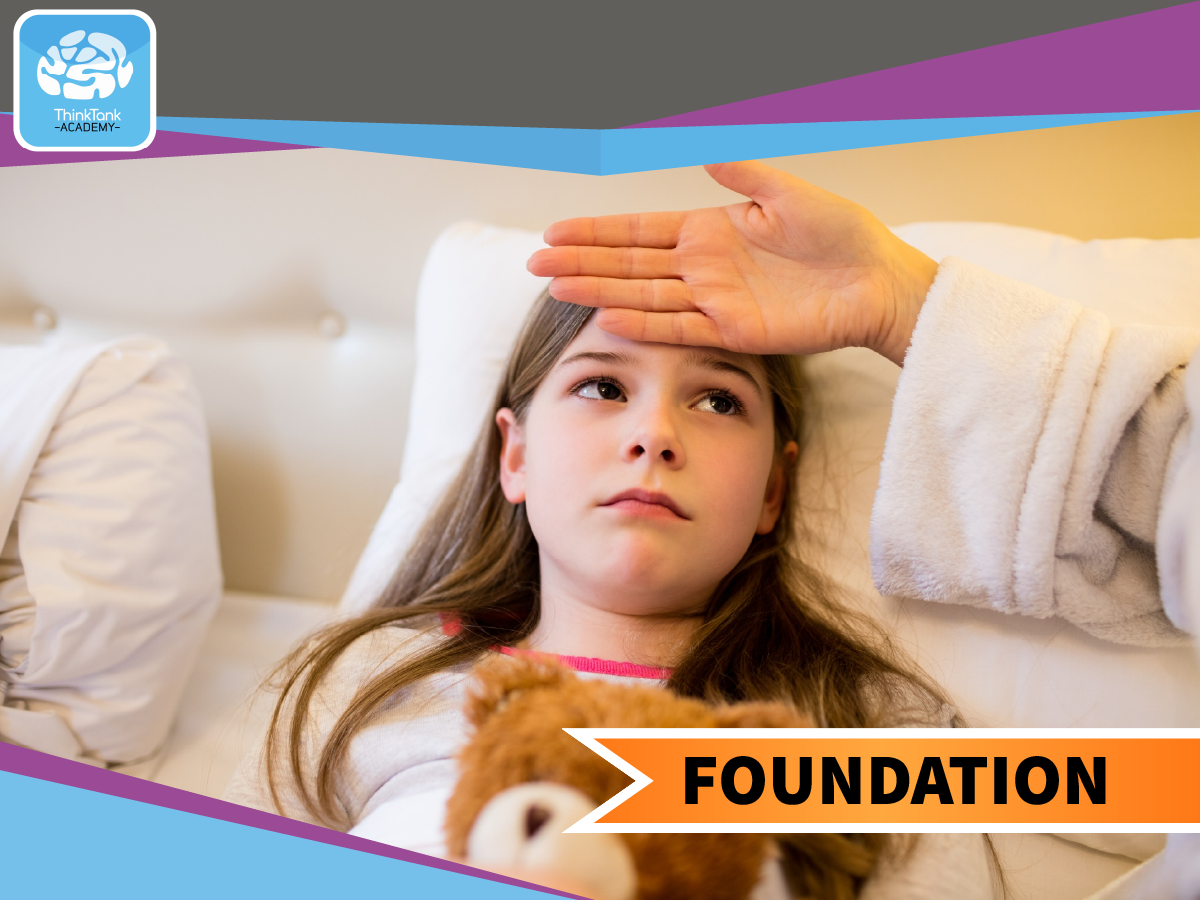

Introduction to Infection Control - Children's Care - Foundation Level
Course Overview This course raises awareness of Infection Control and provides awareness of types of infection, routes of transmission and measures to limit the spread of infection in children’s care. The programme benefits from an animated scenes and activities with ongoing assessment making it engaging and interactive. This course can be completed via the website, on PC, laptop etc. For mobile phones it is recommended to use the app for IOS or Android devices. Aims & Objectives Provide background information on infection control and the importance of public health Discuss legislation and policy relating to infection control Highlight the importance of risk assessment and management in infection control Includes the chain of infection and how to break it Enable learners to describe the types of infections, disease, routes of transmission and the principles of infection Includes infection control measures related directly to children and vulnerable people and the responsibilities of staff and managers Course Audience This is a cross sector course and will benefit all professional’s, frontline workers and leaders working with children and young people.



Health and Safety - Children's Care - Foundation Level
Course Overview This course raises awareness of health and safety in the workplace relative to children’s home settings. It covers the legislation in place, hazard awareness and risk assessment and prevention of harm. The programme benefits from narrative scenarios and activities with ongoing assessment making it engaging and interactive. This course can be completed via the website, on PC, laptop etc. For mobile phones it is recommended to use the app for IOS or Android devices. Aims & Objectives Give you an understanding of what health and safety means to everyone Raise your awareness of the difference between hazard and risk Help you to identify hazards in the home Enable you to make necessary changes in day-to-day housekeeping to reduce risk Course Audience Health Care Workers, Social Care Workers, Nursing staff, Day Care/Centre workers, Home Care Staff, Agency staff.
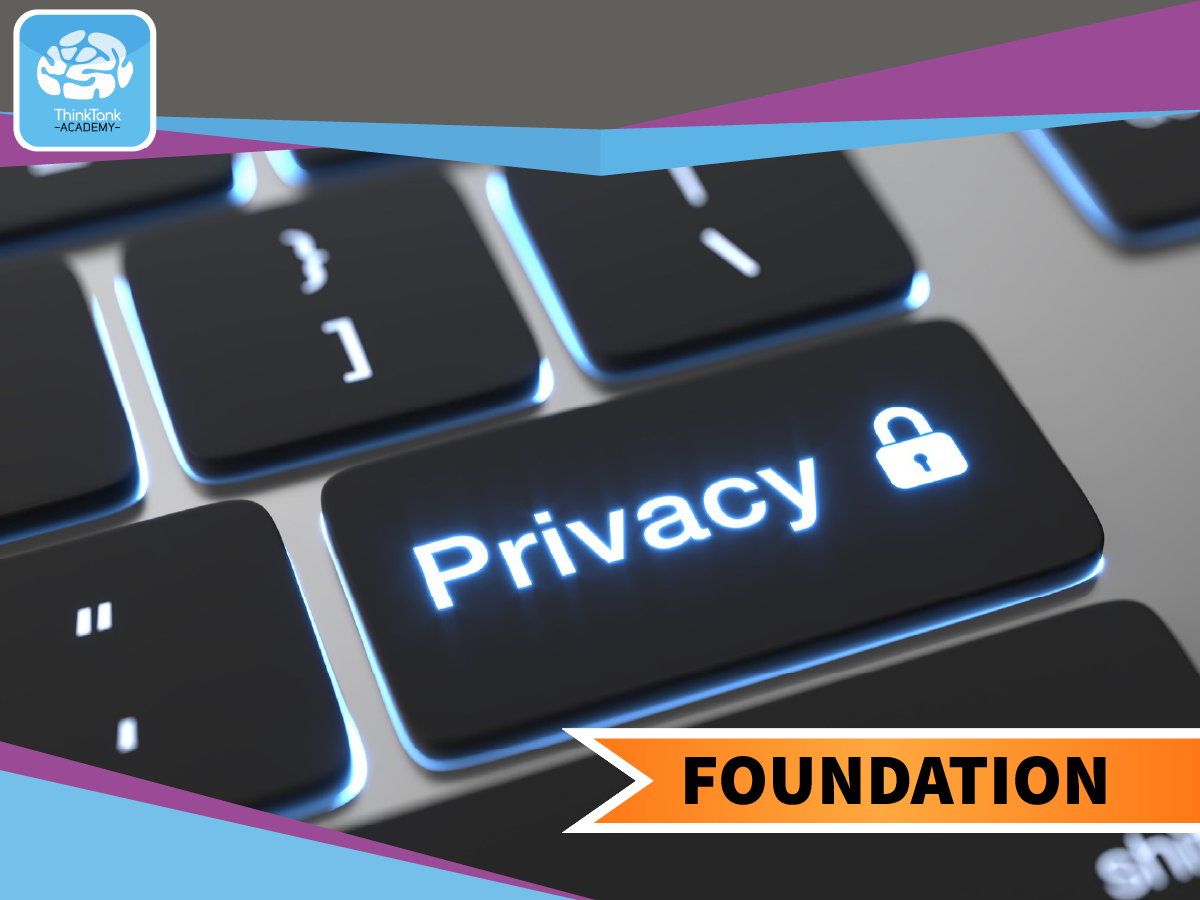

GDPR - Children's Care - Foundation Level
Course Overview This course defines what GDPR is, who it effects and how it affects those who work in the children’s care sector. It explains how to meet GDPR requirements and the rights of an individual over their data. The programme benefits from narrative scenarios and activities with ongoing assessment making it engaging and interactive. This course can be completed via the website, on PC, laptop etc. For mobile phones it is recommended to use the app for IOS or Android devices. Aims & Objectives Improve your understanding of General Data Protection Regulation (GDPR) Explain the history of GDPR Identify different roles within GDPR Identify the basic rights of an individual Describe GDPR special categories Improve your understanding of GDPR principles Course Audience Health Care Workers, Social Care Workers, Nursing staff, Day Care/Centre workers, Home Care Staff, Agency staff.



Food Safety Awareness - Children's Care - Foundation Level
Course Overview This course raises awareness of the dangers of food poisoning, storing and preparing food correctly and preventing contamination in children’s care. The programme benefits from narrative scenarios and activities with ongoing assessment making it engaging and interactive. This course can be completed via the website, on PC, laptop etc. For mobile phones it is recommended to use the app for IOS or Android devices. Aims & Objectives Help you to apply good food hygiene practices so that you are able to provide children and young people with food that is safe to eat and won’t make them ill Help you understand what you can do to prevent food poisoning, including the steps you can take Identify ways to maintain cleanliness Describe methods to prevent cross contamination Give you information on storing and heating food at the correct temperature Course Audience Health Care Workers, Social Care Workers, Nursing staff, Day Care/Centre workers, Home Care Staff, Agency staff




First Aid Awareness - Children's Care - Foundation Level
Course Overview This course introduces basic first aid principles in children’s care, what to do in a variety of emergency situations, how to treat different injuries and where to get help. The programme benefits from narrative scenarios and activities with ongoing assessment making it engaging and interactive. This training session can be accessed via a link and is accessible from a range of devices including IOS and Android platforms. Aims & Objectives Introduce you to the three principles of first aid Explain what a primary survey is Help you recognise the importance of communication Give details of CPR and the recovery position Identify a variety of first aid issues Give information on how to manage different situations Describe the contents of a first aid kit Course Audience This is a cross sector course and will benefit all professional’s, frontline workers and leaders working with children and young people.



Fire Safety Awareness - Children's Care - Foundation Level
Course Overview This course raises awareness around the causes of fire, the associated dangers, and the prevention of fires. Evacuation procedure, the use of safety equipment and policy are also covered. The programme benefits from narrative scenarios and activities with ongoing assessment making it engaging and interactive. This course can be completed via the website, on PC, laptop etc. For mobile phones it is recommended to use the app for IOS or Android devices. Aims & Objectives Improve awareness of the common causes of fire Give you an understanding of appropriate actions to take in the event of a fire Enable you to identify and remove fire hazards Raise your awareness of fire safety equipment and procedures Course Audience Health Care Workers, Social Care Workers, Children’s Centre Practitioners, Youth Workers, Education Workers



COSHH - Children's Care - Foundation level
Course Overview The course provides information on the types of substances the learner may encounter, how to identify them and any effects that may occur from their misuse. It covers situations the learner may have to deal with in the home and how to avoid them. The programme benefits from narrative scenarios and activities with ongoing assessment making it engaging and interactive. This course can be completed via the website, on PC, laptop etc. For mobile phones it is recommended to use the app for IOS or Android devices. Aims & Objectives Raise your awareness of COSHH and how it affects your workplace Help you identify hazardous substances Help you recognise the labels on household products Give you information to reduce dangers in the home Help your understanding of the need for safe storage Increase your awareness of how to deal with an accident involving hazardous substances Course Audience Health Care Workers, Social Care Workers, Nursing staff, Day Care/Centre workers, Home Care Staff, Agency staff.



Safeguarding Children - Children's Care - Foundation Level
Course Overview This course will define what safeguarding is and its principles, help you to recognise situations where children may be at risk of harm, identify signs of abuse and cover procedure to follow. The programme benefits from narrative scenarios and activities with ongoing assessment making it engaging and interactive. This course can be completed via the website, on PC, laptop etc. For mobile phones it is recommended to use the app for IOS or Android devices. Aims & Objectives Explain what safeguarding is State the principles of safeguarding for childcare settings Describe safeguarding legislation Identify types of abuse and their possible indicators Identify risk factors Outline your safeguarding responsibilities Emphasise the importance of whistleblowing Discuss disclosure and barriers to disclosure Explain how to respond to disclosure and record and report a disclosure/concern Course Audience Health Care Workers, Social Care Workers, Nursing staff, Day Care/Centre workers, Home Care Staff, Agency staff.




Administration of Medication for Looked After Children - Children's Care - Foundation Level
Course Overview This Administration of Medication training has been written for adults that work in the care industry with Children and Young People. The course raises awareness and gives an insight into the legislation that relates to Medication Administration and the safe handling of medications. The 7 rights of Medication Administration are discussed in depth to embed good practice within the workplace. Record keeping and the importance of this is highlighted, along with templates of two different types of MAR charts, the details that are on a MAR chart and why they are there. The importance of checking labels and medication leaflets and why an individual should have knowledge of what the medication is/does before they are administering it. Information around the Storing and disposing of medication to ensure health and safety guidelines can be adhered to is included in the course. Allergies and adverse reactions are incorporated along with the responsibility of support staff should there be concerns about a potential reaction, along with the importance of supporting individuals with self-administration. The programme benefits from animated scenes and activities with ongoing assessment making it engaging and interactive. This course can be completed via the website, on PC, laptop etc. For mobile phones it is recommended to use the app for IOS or Android devices. Aims & Objectives Safe handling of medication The 7 R’s Different types of medication Routes into the body Record keeping Storing and disposing of medication How to handle errors Allergies/Adverse reactions Self-administration Course Audience Health Care Workers, Social Care Workers, Care and Support Centre Practitioners, Support Workers, and Nursing Staff who work with Children.